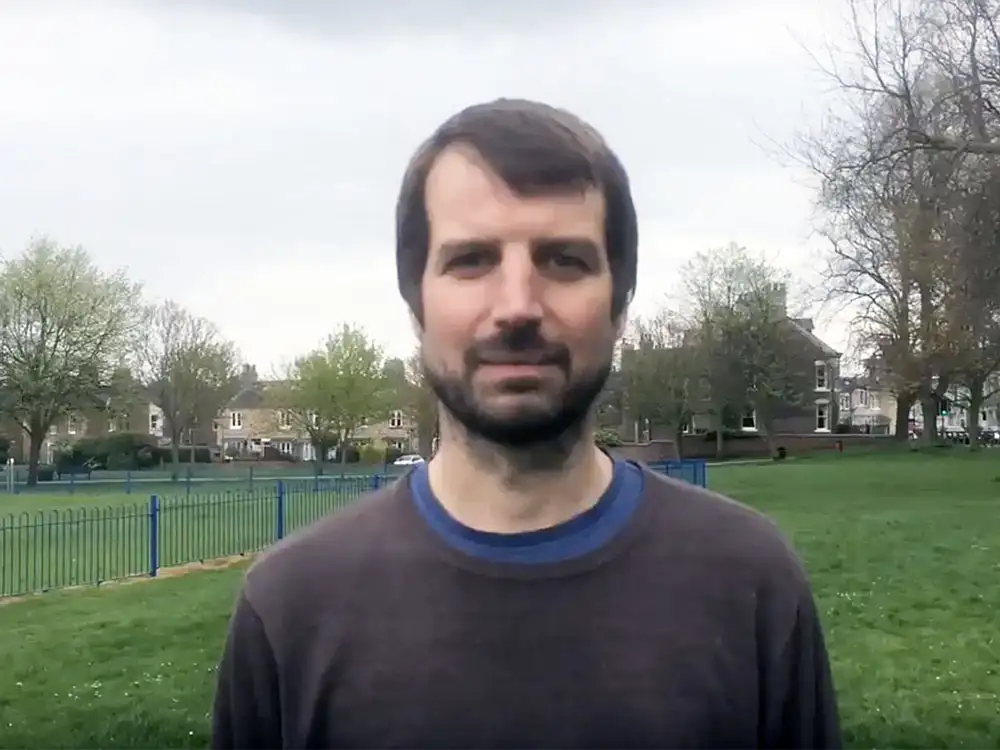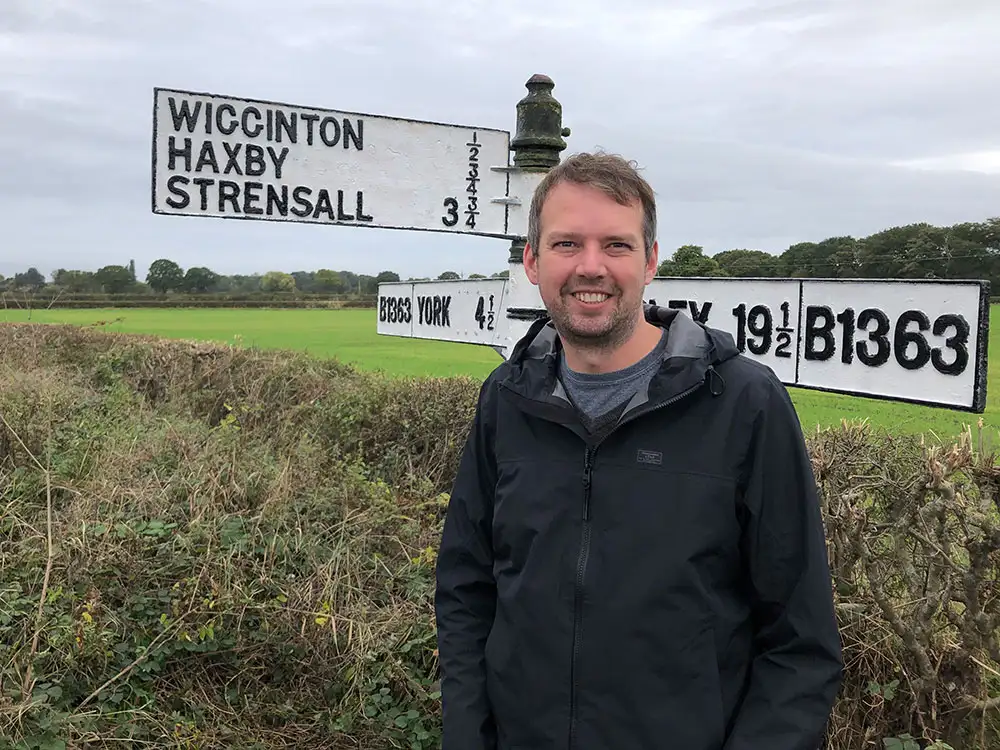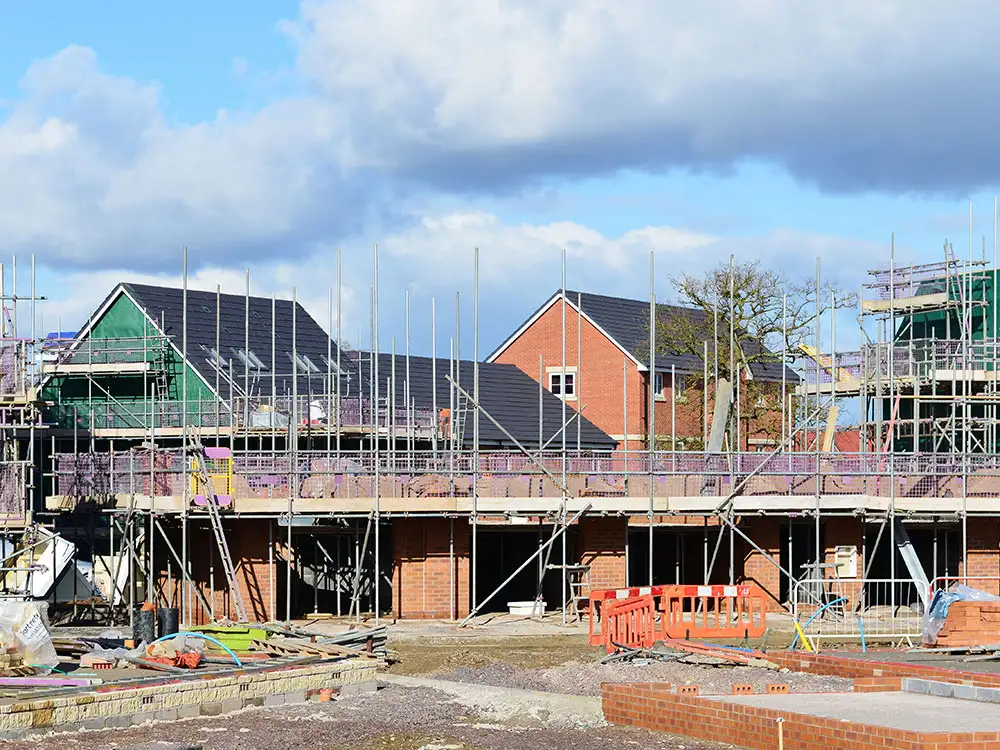Proposals to streamline how planning applications are dealt with in York have been approved amid claims they could reinforce perceptions that decisions are being taken behind closed doors.
It means more applications will decided by council officers and fewer debated and voted on by elected councillors.
The shake-up, approved at the full City of York Council meeting last Thursday, aims to stop applications going before councillors unnecessarily.
Labour’s Cllr Jonny Crawshaw, chair of the council’s planning committee A, said the changes would not stop the public having their say.
But Liberal Democrat Cllr Andrew Hollyer, chair of the audit and governance committee which recently debated the proposals, said they risked chipping away at public involvement and the system’s legitimacy.
Council officers have said their shake-up aims to align York with national proposals seeking to make decision-making on applications more consistent.
One of York’s two planning committees will be axed.

Outline or full applications for 40 homes or more would continue to go before councillors and some including those lodged by the authority could be referred.
The committee’s chair and vice chair would also be able to call some applications in and others would go before councillors if senior officers deem it necessary.
All other planning applications would be decided by council planning officers.
Decisions ‘behind closed doors’
Four per cent of all applications lodged in the year up to March, a total of 54, were decided by committees.
Four councillor decisions during that time went against officer recommendations, including an application that was refused and later allowed on appeal.
A total of 22 out of the 54 applications would have been decide by officers under the proposed system.
But the audit committee also heard a recent bid to convert 1 Museum Street building into Topping & Company’s bookshop would have been turned down under the new system.
Listed building consent applications like that one, which was recommended for refusal, would be decided by council officers regardless of call-ins under the changes.
Liberal Democrat Cllr Hollyer told last week’s meeting the changes could lead to people feeling less involved in decisions on applications and provoke resistance as a result.
Cllr Hollyer said: “This will reinforce the perception that decisions are being made behind closed doors.
“It’s far too broad and it seems pointless when the Government is going to impose changes on us in a few months.”

Conservative group leader Cllr Chris Steward said he was in favour of some of the changes but he was concerned the 40-home threshold did not take villages into account.
Cllr Steward said: “I would like to think that in rural areas applications with less than 40 homes is something that would frequently go to committees.”
But Labour’s Cllr Crawshaw said it was irresponsible to claim that the changes would lead to an erosion of democracy.
The Labour councillor said: “I’m hearing too often that the only time people can contribute to the planning committee is at a hearing, that’s nonsense.
“Often it’s far too late by then, whereas if you feed in during the consultaiton process you have the opportunity to raise issues and ask officers to have conversations with the applicant.”
Labour planning executive member Cllr Michael Pavlovic said Government proposals to only vote on applications that differed from Local Plans for development were far in excess of the council’s changes.
The executive member said: “What we’re proposing is far from this, parish councils are already consulted on applications and even if we wanted to exclude them, which we don’t, the law wouldn’t allow us to.”












